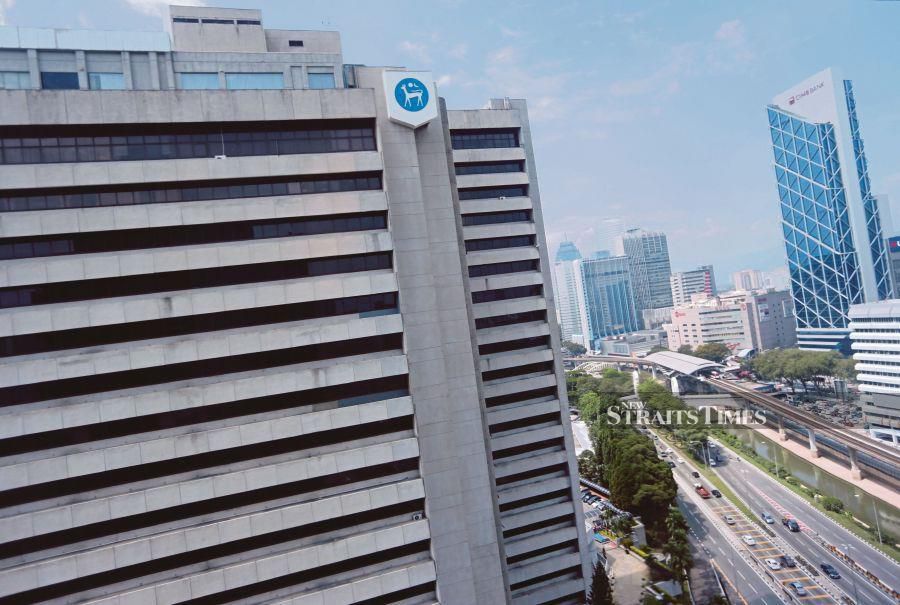KUALA LUMPUR: Borrowers may have gotten a reprieve from Bank Negara Malaysia's (BNM) decision to keep the overnight policy rate (OPR) at 3 per cent, but the possibility of another rate hike this year is making some borrowers with more than one property, think of selling.
"I had to start paying an extra RM90 per month for a loan I took out with a local bank for the amount of RM800,000 after Bank Negara hiked the OPR in May 2022. I am now paying a little over RM400 monthly because of the fourth OPR increase, which is a strain for me.
"My husband and I have a total of three housing loans. So you can probably guess how much extra we have to pay each month as a result of the OPR increase," said Jenny Goh, a senior consultant at a large corporation. Goh expressed her hope that the May 2023 rate increase would be the last one and said that she would not hesitate to sell one or two of her properties if Bank Negara did decide to increase the rate before the end of this year.
So far, the central bank has raised the OPR by 125 basis points (bps) since May 2022, bringing the rate to 3 per cent. The hikes, each time by 25 bps, happened in May, July, September, and November 2023, and in May this year.
At three per cent, the benchmark interest rate is already at the pre-pandemic level.
Bank Negara reduced the OPR to a record-low 1.75 per cent in July 2020, when the COVID-19 pandemic was just starting, to support the economy by boosting spending and making borrowing cheaper.
Changes in OPR result in banks charging higher interest on borrowers' loans.
SM Angel, a researcher based in Kuala Lumpur, said that Bank Negara's decision to hike interest rates in May of this year was untimely as it had increased the burden on borrowers to pay back their debts.
"Any additional increases in OPR will undoubtedly make it harder for borrowers to repay their loans. Borrowers would be under much more stress as a result, particularly if the cost of living keeps rising.
"My housing loan payment has increased by RM650 a month after the first rate hike in May. Consequently, I must reduce my own spending," she told the New Straits Times.
She advised banks to consider offering restructuring and rescheduling options for their bad loans in order to reduce default rates.
Lavanya Venkateswaran, OCBC Bank's senior Asean economist, foresees Bank Negara holding the OPR unchanged for the rest of the year.
"We believe that Bank Negara is now more sanguine about the growth and inflation outlooks but has stopped short of sounding less hawkish.
"This is justified, in our view, not just by external factors, including the continued hawkish drumbeat of global central banks, but also by domestic factors, including sticky core inflation pressures and the inflationary impact of potential changes to the government's subsidy policies," she said.
MIDF Research said in a note that Bank Negara is likely to raise the OPR to 3.25 per cent by year-end, following the "stronger-than-expected domestic economy".





